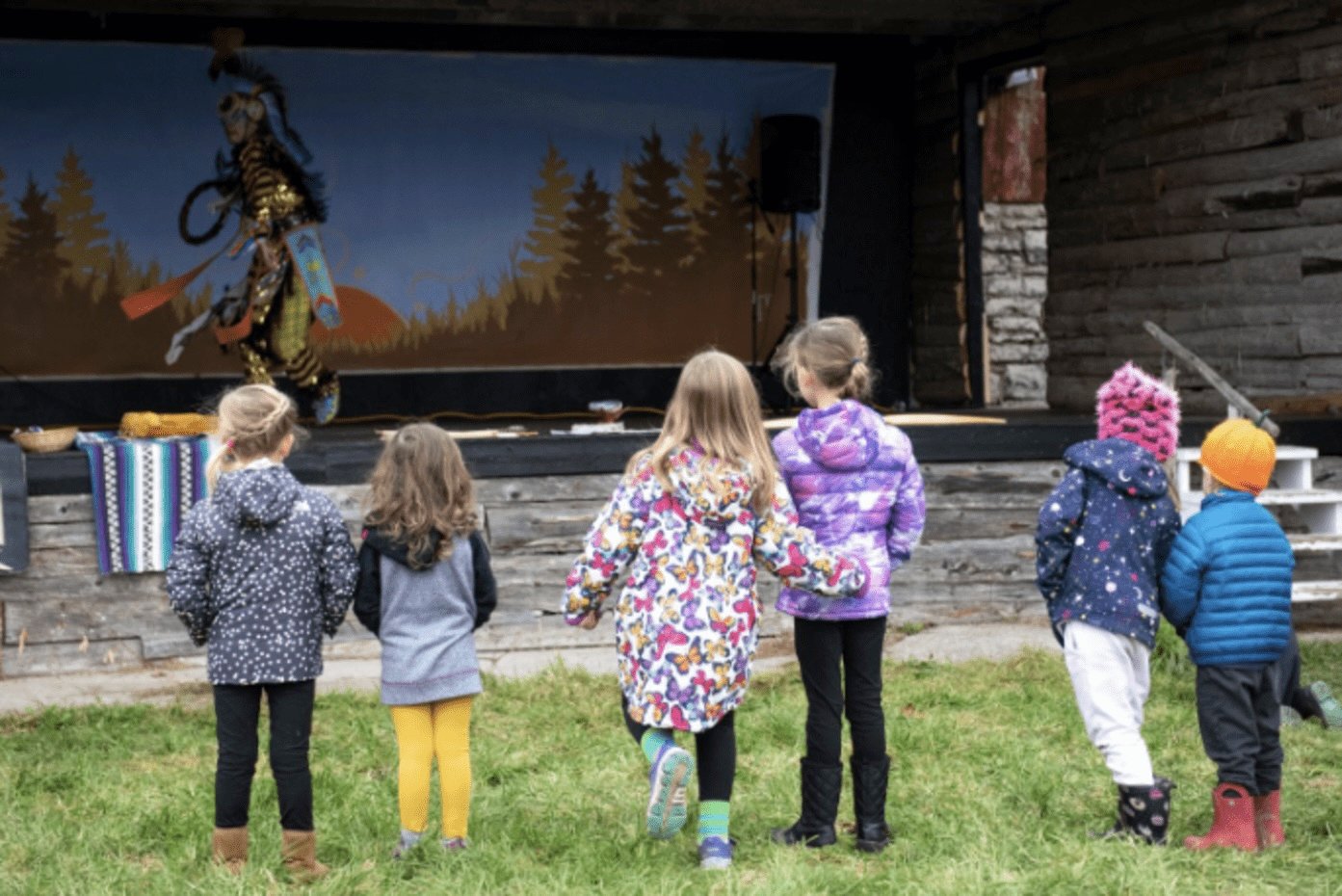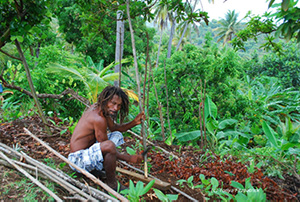The Heist Across the Ice: Rescuing the Ojibwe Spirit Horses

Ojibwe Spirit Horse
Posted August 9, 2024
Most of us probably remember from history class that Spanish explorers brought horses to North America in the 14th century. Many people are surprised to learn native horses existed before the Spanish arrived, at least in Canada.
Ojibwe Spirit Horses, also known as Lac La Croix Indigenous Ponies, are the only known indigenous horse breed native to Canada. Thousands of them lived in harmony with Indigenous communities in (mainly) Northern and Western Ontario and roamed the forests that surround Lac Le Croix.
That changed as settlers traveled west. Farmers and ranchers saw the horses as pests and wanted them off their land. So, despite their importance to indigenous heritage and culture, the horses were persecuted and hunted until they were almost extinct. Fortunately, some courageous Ojibwe horse lovers took matters into their own hands.

Ojibwe Spirit Horses Photo by Marni Patterson
About the Ojibwe Spirit Horses
Ojibwe Spirit Horses are smaller than average and are normally solid grayish- or reddish-brown, or black. Some have white or cream markings on their face or lower legs. Many also have zebra striping on their legs and backs.
Their thick, shaggy manes protect them from insects during the summer and from the cold during the winter. They have thick hooves, which help them navigate rocky, forested terrain, and flat noses with a nasal flap that prevents cold air from entering their lungs.
As a breed, they’re known for being friendly, inquisitive, and good-natured, which makes them easier to train than more high-strung breeds. Many people say they are like large dogs because they’re strong but also affectionate and loyal.
How Ojibwe Spirit Horses Lived
They were bred by Ojibwe, who are part of the Anishinaabeg cultural group and are closely related to the Odawa and Algonquin peoples. Their name for themselves, Anishinaabeg, means “True People” or “Original People.”
They lived peacefully among Indigenous communities throughout Ontario. The Ojibwe sheltered and fed them during the winter. In return, the horses helped them with day-to-day tasks such as pulling sleds loaded with supplies, hauling logs, breaking through ice for fishing, and riding along trap lines. At the end of winter, the Ojibwe herded them to a secure location called “Pony Island” to keep them safe during breeding season.
According to tribal elders, the horses were in Ontario long before European settlers arrived. DNA testing conducted by the Ojibwe Horse Society shows that the Ojibwe Spirit Horses are a different breed than the ones Europeans introduced to North America.
Why Ojibwe Spirit Horses Were Almost Extinct
The Ojibwe saw the horses as “kindred spirits and teachers” and honored them in stories, songs and ceremonies. They lived as one with them and considered themselves to be their “caretakers.”
European pioneers who settled in Ontario felt differently. Farmers and ranchers saw the horses as a nuisance and slaughtered them because they ate crops and trampled their fields. By 1977, only four mares remained in the wild. The Canadian government decided they were a health hazard and ordered them to be euthanized.

Rendering of the Heist Across the Ice Photo by Marni Patterson
How The Ojibwe Spirit Horses Were Saved
When Ojibwe in Ontario and the U.S. heard the remaining horses were in danger, they refused to let such an important part of their culture disappear.
The horses were on an island in Lac La Croix near the U.S. border. One night, four men, Fred Ishams, Wally Olsen, Walter Saatela, and Omar Hides, rounded up the horses, loaded them into a trailer and drove them across a frozen lake to Minnesota. This became known as “The Heist Across the Ice.”
Once the horses were safe, they started a breeding program using a Spanish Mustang as a sire. DNA testing showed that Spanish Mustangs are the breed that is the closest match to the Ojibwe Spirit Horse.
As the herd grew, non-profit groups in the U.S. and Canada adopted the horses. There are now around 200 Ojibwe Spirit Horses that are descendants of the four surviving mares. They live on farms and ranches throughout Ontario, like the Mādahòkì Farm. The horses are used in tourism, cultural heritage programs, and equine-assisted learning and therapy programs.

Trina Mather-Simard of The Mādahòkì Farm with Makwa Photo by Marni Patterson
Indigenous Culture At The Mādahòkì Farm
The Mādahòkì Farm opened in 2021 near Ottawa, Ontario. It consists of 164 acres of traditional and unceded territories of the Algonquin peoples and their descendants. It is Canada’s only Indigenous Agri-tourism destination and working farm.
Dedicated to preserving horses, Ojibwe member Trina Mather-Simard, the CEO, started with four horses, and with a recent birth, the herd now numbers 10.
As we walked out to the pasture, she explained that the Ojibwe see plants, land, people, and animals as part of a circle, not a hierarchical pyramid. This is where the Mādahòkì Farm gets its name. Mādahòkì means “share the land” in Anishnaabe.
Mādahòkì Farm hosts Indigenous experiences for school and community groups and national and international conferences. English- and French-speaking school groups visit on alternate days. On the day I visited, groups of French-speaking schoolchildren were learning about Ojibwe history, cultures, and sports.
One of the farm’s newest programs is Equine Assisted Learning (EAL) for youth and adults. EAL programs for children help participants develop life skills that improve academic achievement and classroom behavior while promoting personal growth. Adult programs focus on leadership development, team building, and executive coaching.

School Program at The Mādahòkì Farm Photo by Marni Patterson
Meet The Ojibwe Spirit Horses At The Mādahòkì Farm
The Ojibwe, Métis, Anishinaabe, and other indigenous people have done their part to rescue the Ojibwe Spirit Horses. The 10 descendants of the four native horses that live at the Mādahòkì Farm represent a much larger national movement that focuses attention on indigenous culture and histories long disregarded.
The Mādahòkì Farm is located at 4420 West Hunt Club Road between Highway 416 and Moodie Drive, 15 minutes from downtown Ottawa. The public is welcome to visit from 11:00 am to 4:00 pm Thursday- Sunday. For groups larger than 20 people, visit the Mādahòkì Farm website to book an appointment or call (613) 838-5558.
Click Here for Discounted Accommodations in Ottawa, Canada.
Join the community!

Join our community to receive special updates (we keep your private info locked.)




